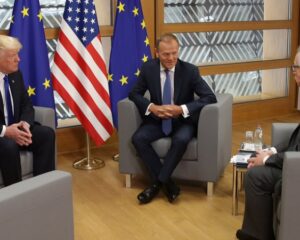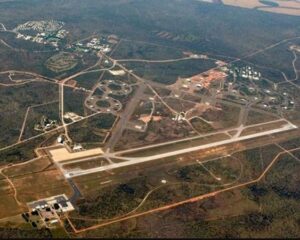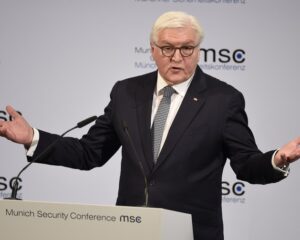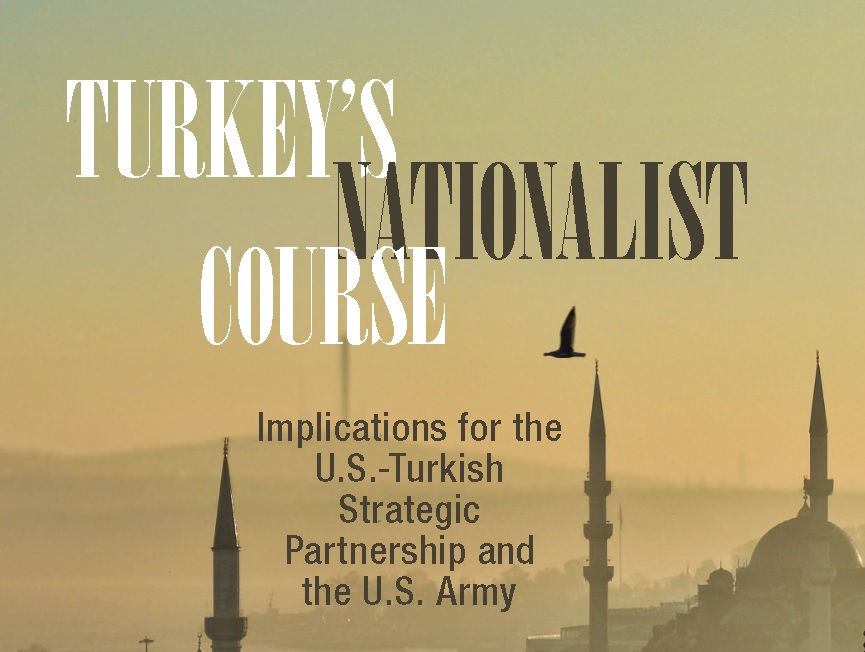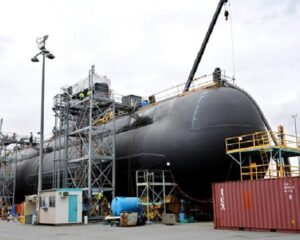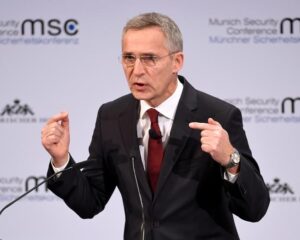An element of strategic divergence means the US and Europe are currently “not quite watching the same movie on the two sides of the Atlantic”, but there is hope that transatlantic defence industrial cooperation can function better if trade-offs are accepted and we have a shared view of the value of working together as allies.
Read more